Vikki Campion: It’s a giant leap to claim fake meat will change the climate
If you want to eat artificial lab food, go for it. But don’t tell farmers a science experiment is better for the body, the environment and the economy, writes Vikki Campion.
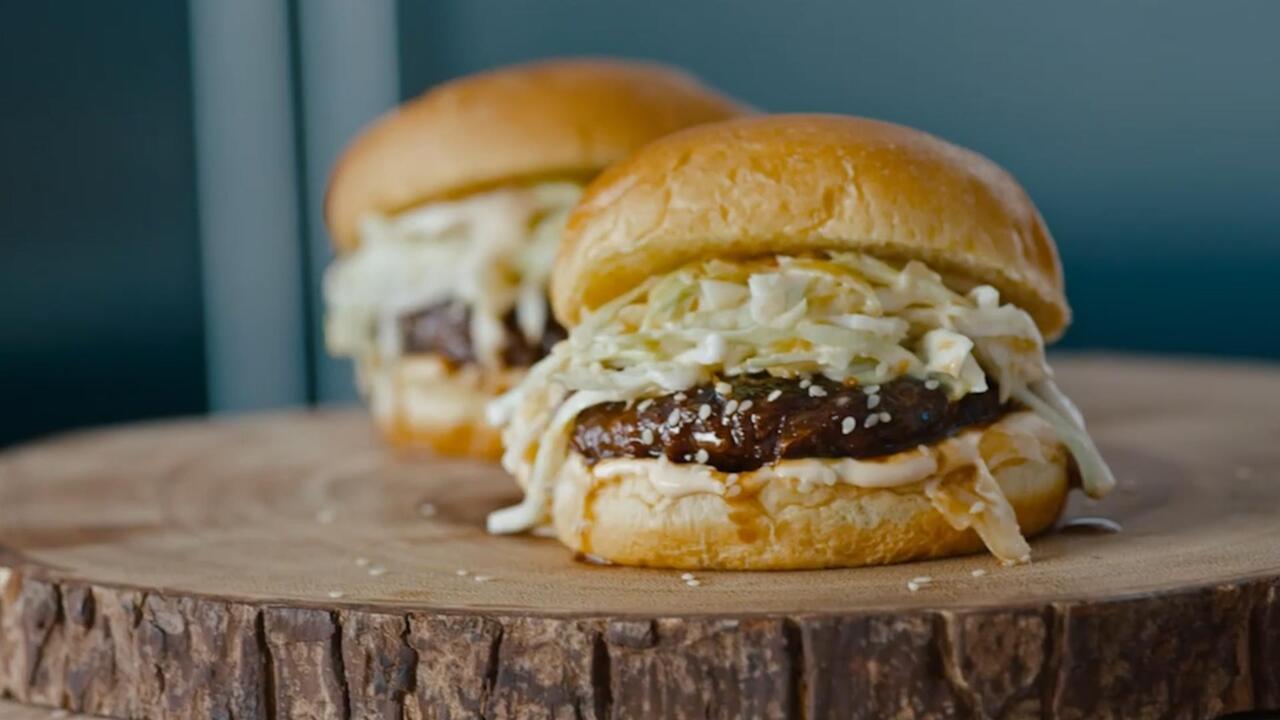
Opinion
Don't miss out on the headlines from Opinion. Followed categories will be added to My News.
When NSW Treasurer Matt Kean promoted a $25,000 government grant given to a lab to cultivate fake kangaroo “meat”, it was described as a “farm in the middle of Alexandria” and that it “would build climate change resilience”.
Now that ASIC has greenwashing laws to stop fallacious environmental claims endearing investors to a new zeitgeist, we should apply them to government ministers.
What is the carbon footprint of laboratories creating a lab-grown culture which needs to be kept warm for eight weeks straight for cell cultivation and how is that better than our beef industry which aims to be carbon-neutral by 2030?
No one has a problem with the free market determining a demand for lab-grown products, selling them, or people making an informed decision choosing to eat them.
People can eat grass clippings if they like – that’s the beauty of freedom of choice.
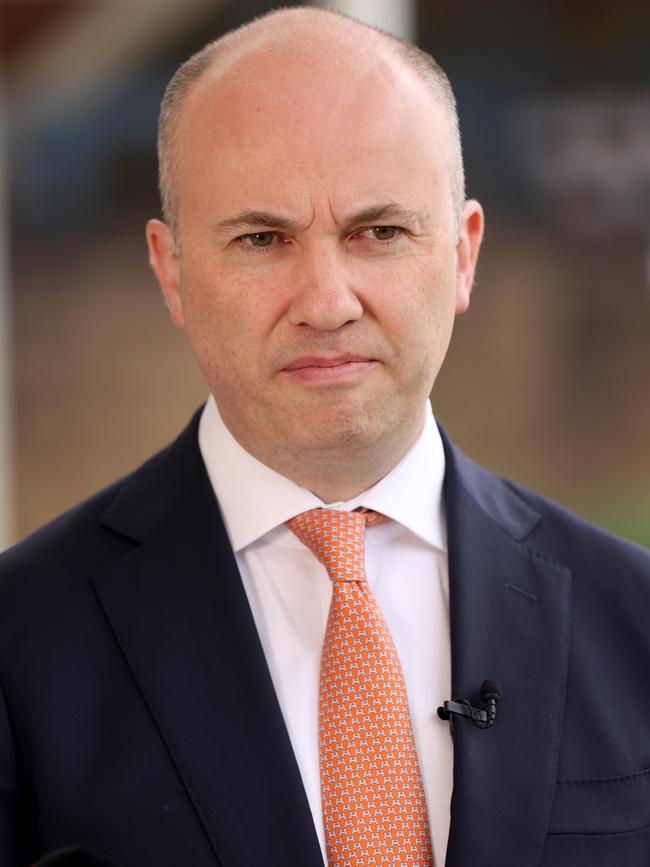
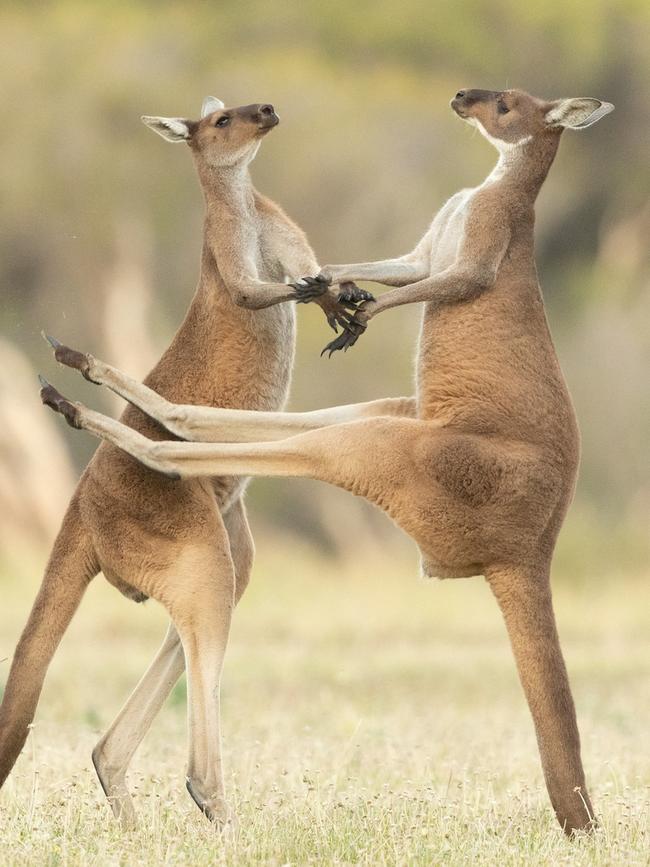
But why is a government minister promoting artificial “meat” by suggesting it will improve the climate? Is he basing this on outdated fallacies about stock feed and water consumption that have been disproved repeatedly?
If you want to promote lab “meat” go for it, but why do so at the expense of the farmers feeding you now?
Farms are solar-powered – green grass is grown with the sun and carbon dioxide from the atmosphere, fertilised by animals, who forage and grow.
The water they drink doesn’t disappear from the universe. If you want to stand in a paddock a little further away from the city than Alexandria, you can watch them drink and you’ll also learn that it doesn’t stay inside them in perpetuity.
There’s no electricity bill on a real farm for keeping vats of cells in serums made from the blood of dead calves at a stable temperature.
What Kean describes as a “global food revolution” is so far from reality that even the company he promotes told a federal inquiry last year: “Global pre-commercial status makes a discussion on cultured meat regulation, particularly in terms of a labelling discussion, premature.”
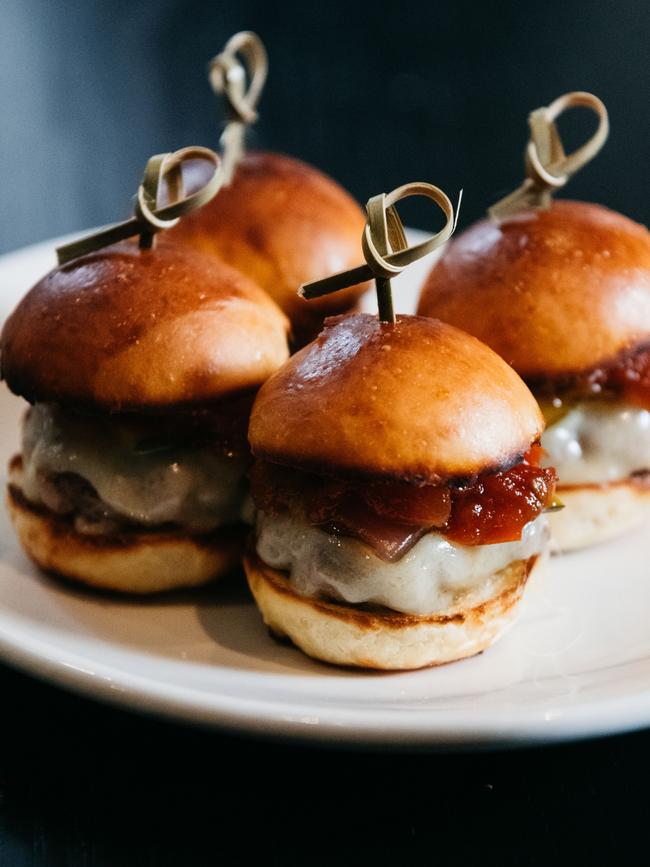
As of Friday, the Food Standards Code had not yet permitted cell-based meat for sale in Australia.
So much for the city “farm”.
The “meat” the minister ate is not climate change kryptonite.
Looking at paddocks of carbon-sequestering grasses and trees, rivers, our dams with floating waterbird nests and native turtles, the wedge-tailed eagles and goannas, it’s incongruous with the line coming from those promoting alternative “meats” that grazing is destroying the planet.
We have seen Kean’s environmental crusade catastrophically come off the rails in regional renewable energy zones.
His utopia of wind factories and transmission towers will transform productive agricultural land into an industrial landscape.
Suppose he wanted to improve biodiversity and slash methane emissions.
Wouldn’t you start by killing the 26 million feral pigs across the country which uproot waterways and dig up swamps, releasing methane sequestrated in the soil?
Or the feral deer, goats, foxes, cats, wild dogs and rabbits, which between them spread diseases to livestock and destroy native fauna and flora, from koalas to cassowaries?
Ask any farmer who their worst neighbour is and it’s the state forest – for which Kean and his government are supposed to manage.
They are fire risks because they don’t handle weed-infested fuel loads and pest animals go uncontrolled.
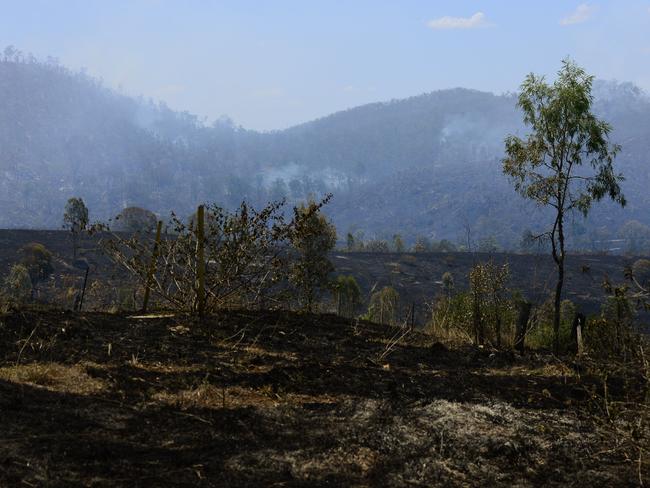
Instead of paying $25,000 for lab-grown kangaroo cells, why not talk to people in kangaroo harvesting, who make a living with a rifle, a truck and a licence? They have not been the beneficiary of the expensive private education system Kean enjoyed but to them the greatest impediment to making a good living is government.
The threat to primary producers comes not from cultured cells but the propaganda to sell it – that eating lab-grown “meat” or an irrigation-dependent soy creation will change the temperature of the globe.
Kean owes his political hide to the National Party – which is supposed to represent farmers.
In the original NSW government press release, $25,000 grant recipient Vow, which raised $6m in seed funding to create a “cell library” to grow exotic animal products such as tortoise, kangaroo, zebra and yak, said: “Growing meat sustainably from stem cells will have a fraction of the footprint of traditional livestock farming in terms of land use and water use, and there is no need for culling animals.”
What else were you planning to do with our land? Livestock grazes and forages on pasture that can produce nothing else. Farmers manage pests and weeds, who else will do that?
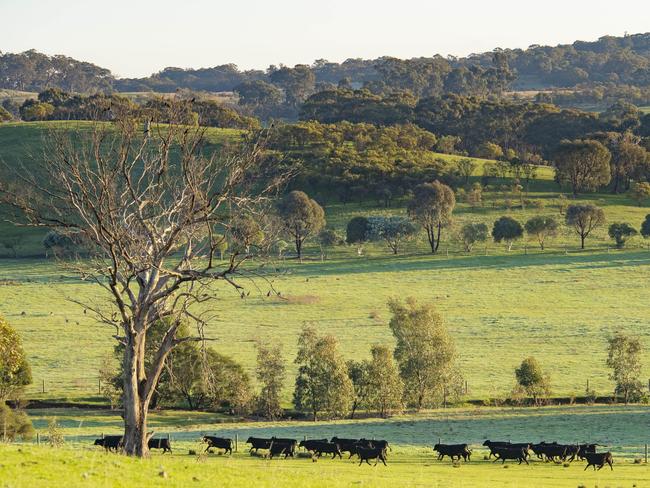
In marketing a plant or synthetic-based “meat”, traditional agriculture is denigrated to make their product look more moral. Using language like ‘clean meat’, ‘cruelty-free’, and ‘guilt-free’ are all quasi-emotive to make a pejorative of a crucial Australian industry.
If you want to eat petri-production, go for it. But don’t tell us your science experiment is better for the body, the environment and the economy and is “building climate change resilience”. At full scale, the lab that Kean promotes can produce 30 tonnes of meat a year. That is one double-deck truck of cattle which, if that were all a family farm made, would not be in business.
It’s a giant leap to claim this will change the climate.
Good luck to Vow. I hope it employs many science students, but those associated with marketing alternative “meats” must stop unleashing unchecked claims on us.
CSIRO calculated Australian red meat industry emissions to be 133.36 million tonnes of C02 in 2005 – by 2019 emissions for red meat were 54.61 million tonnes of CO2, slashed by 58.21 per cent.
As our world population soars to 10 billion people and our global food stockpile falls into deficit, Mr Kean should support the true champions of climate resilience – our farmers.
They also happen to be world leaders in feeding people.





